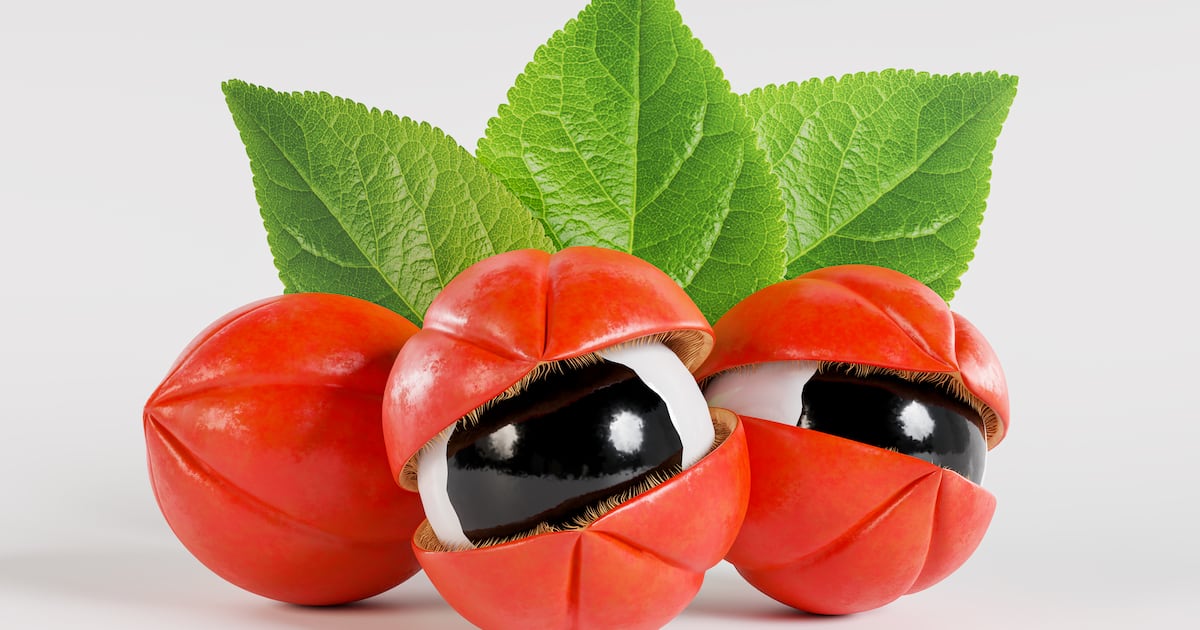South Korea’s Ministry of Food and Drug Safety (MFDS) has formally published a revised version of its labelling and advertising regulations mandating a plethora of tougher guidelines for food firms to adhere to.
Amongst these is the addition of a mandatory high-caffeine label for all solid foods that contain guarana, given the popularity of these with younger consumers. Previous regulations only specified this mandate for liquid products.
“All products containing guarana in excess of 0.15mg will need to carry a high-caffeine warning label, whether these are in liquid or solid form,” MFDS said via a formal statement.
“For liquid products this limit will apply per millilitre, and for solid products it will apply per gram.
“The label must be attached to the main display surface of the product where the trademark or logo is also displayed so that it can be clearly and easily seen by consumers; and must contain the phrase ‘Contains high caffeine’ and ‘Total caffeine content OOOmg’ or ‘OOOmg caffeine content per serving’.
“There must also be a mandatory caution statement warning that the product is ‘Not recommended for children, pregnant women, or people sensitive to caffeine’.”
Sweeteners made from sugar alcohols have also become subject to stricter labelling, now requiring more specific details to be included on the packaging.
“For products using sugar alcohols such as mannitol, xylitol, maltitol etc. as the main sweetener, these must now also indicate the type and content of said sugar alcohol in parentheses on the label,” said the ministry.
“This information must be located near the details of the other raw materials, and there must be a warning that excessive intake of this product may cause diarrhoea.
“A correct example of this would indicate: ‘Sugar alcohol (D-sorbitol 4%, D-maltitol 10%). Excessive consumption of products containing sugar alcohols may cause diarrhoea if consumed.”
Both of these mandates will come into effect on January 1 2026.
More labels, more information
In addition, MFDS has also expanded the number of processed food categories required to carry nutrition labels to 259, covering essentially all processed foods.
New items in this list include ice creams, sugar syrups, various forms of animal fat and tallow, curry and chilli powders, butter products, processed milks such as sweetened condensed milk and milk cream, whey products, processed insect products, ready-to-cook meal kits and more.
Only 30 food categories have been exempted from this requirement, spread across three categories: Foods not meant for nutrient intake purposes (e.g. chewing gum, ice cubes, alcoholic beverages), foods with minimal nutrient content (e.g. spices, coffees, teas, salts), and foods with hard-to-standardise nutrient content (e.g. kimchi, Korean soy sauce, packaged meats)
This mandate will be enforced on a gradual phased basis depending on the size of the food business.
“Companies that had sales in excess of the value of KRW12bn (US$8.2mn) in 2022 will have these revised standards applied to their manufacturing, processing, packaging or imports starting from January 1 2026,” said MFDS.
“For companies that had sales equal or less than this value, enforcement will begin starting January 1 2028.”
